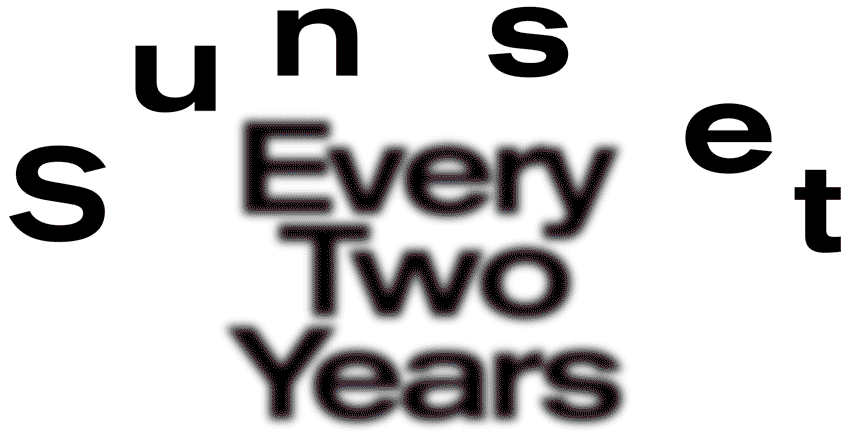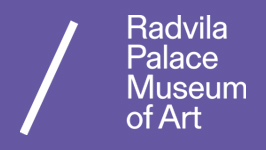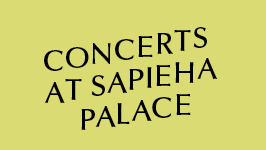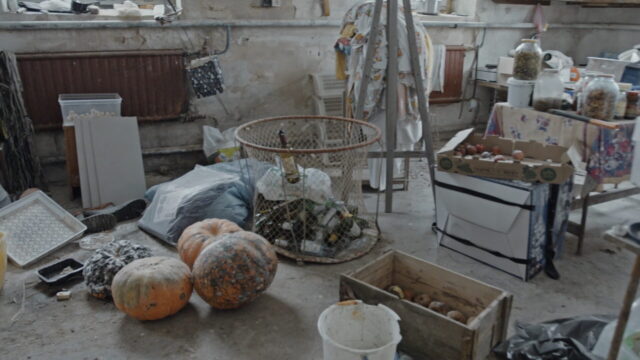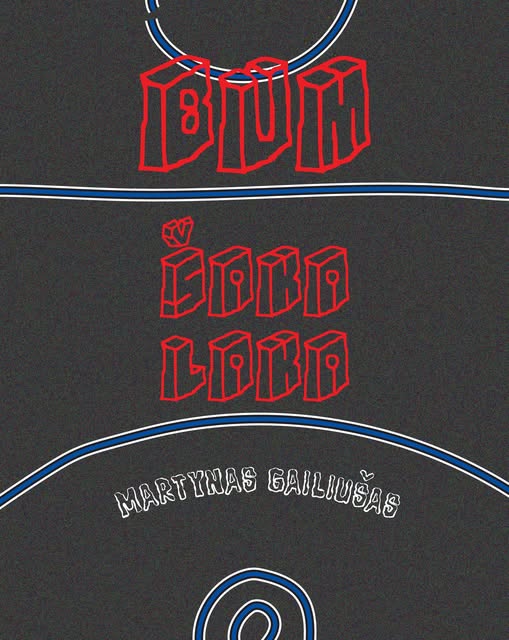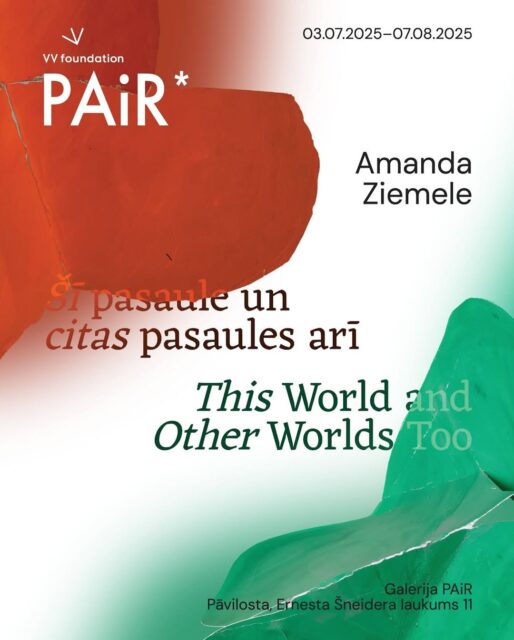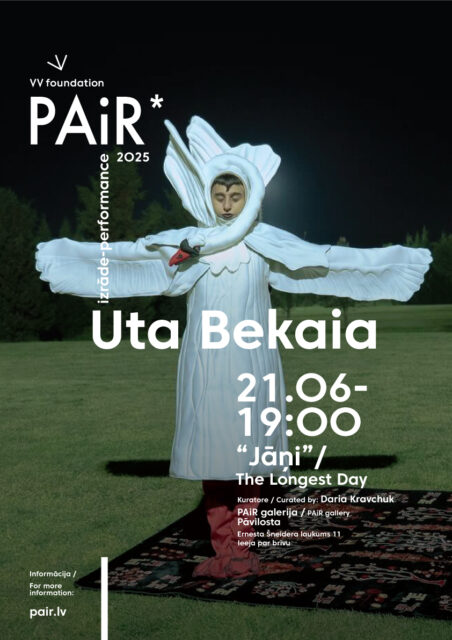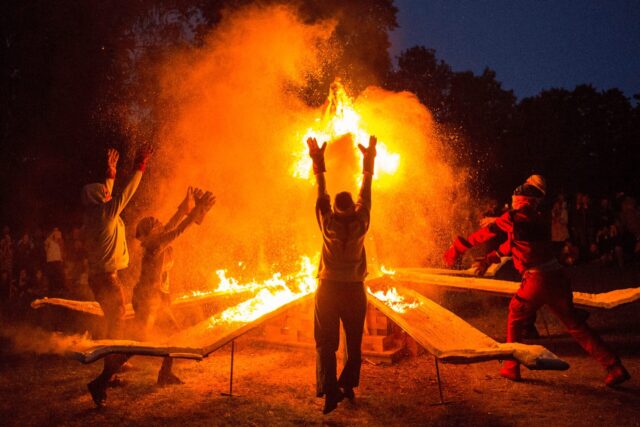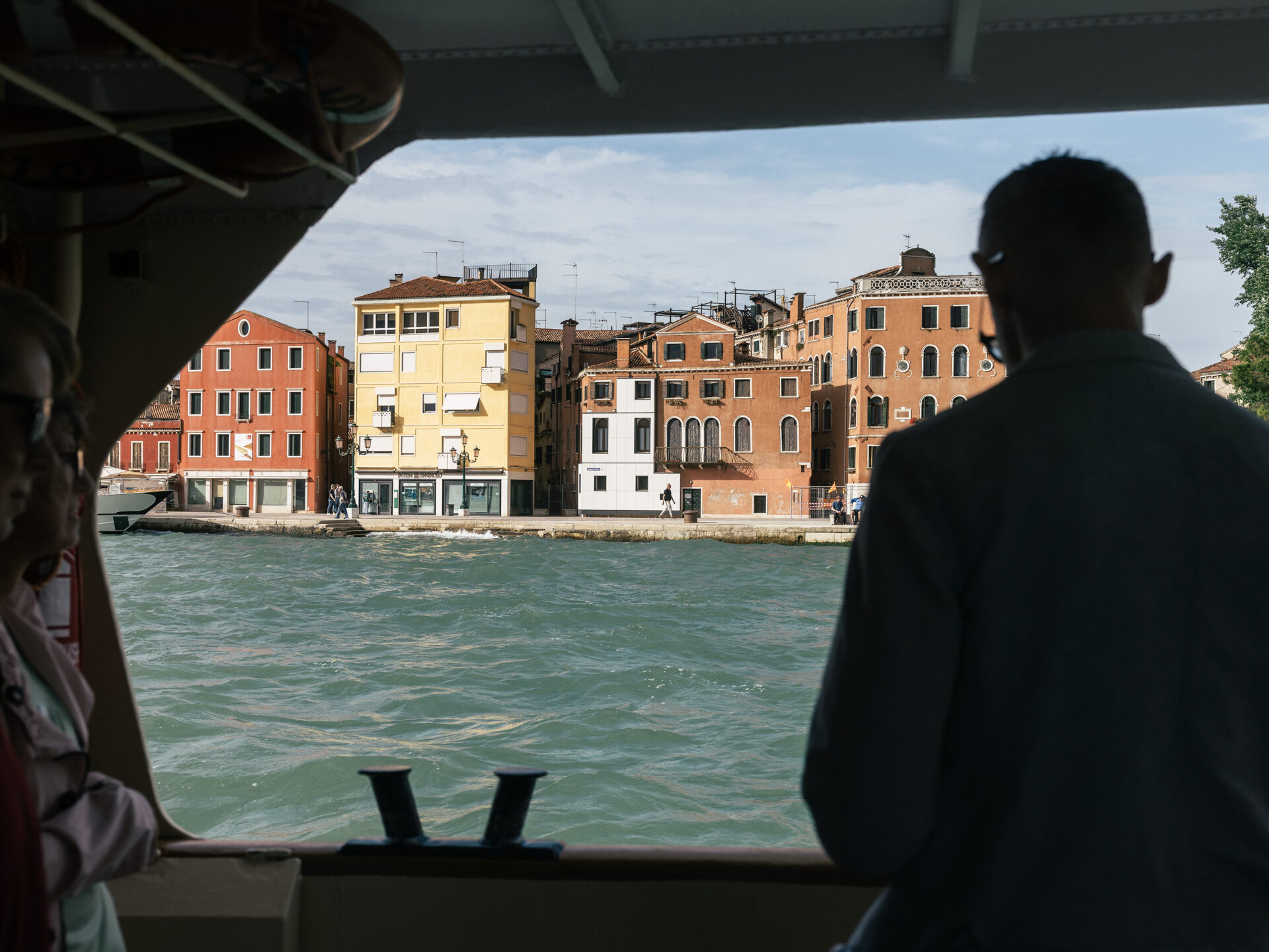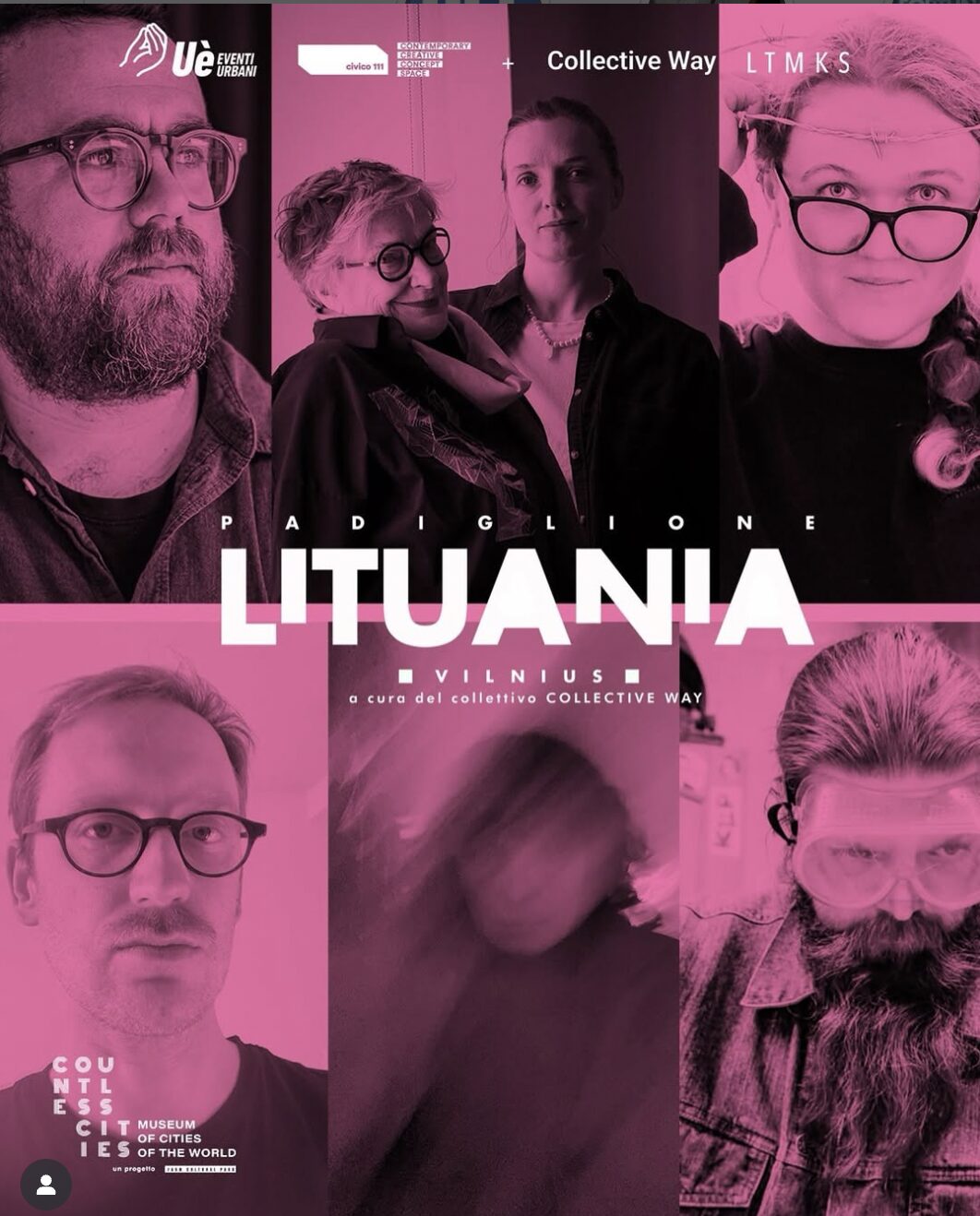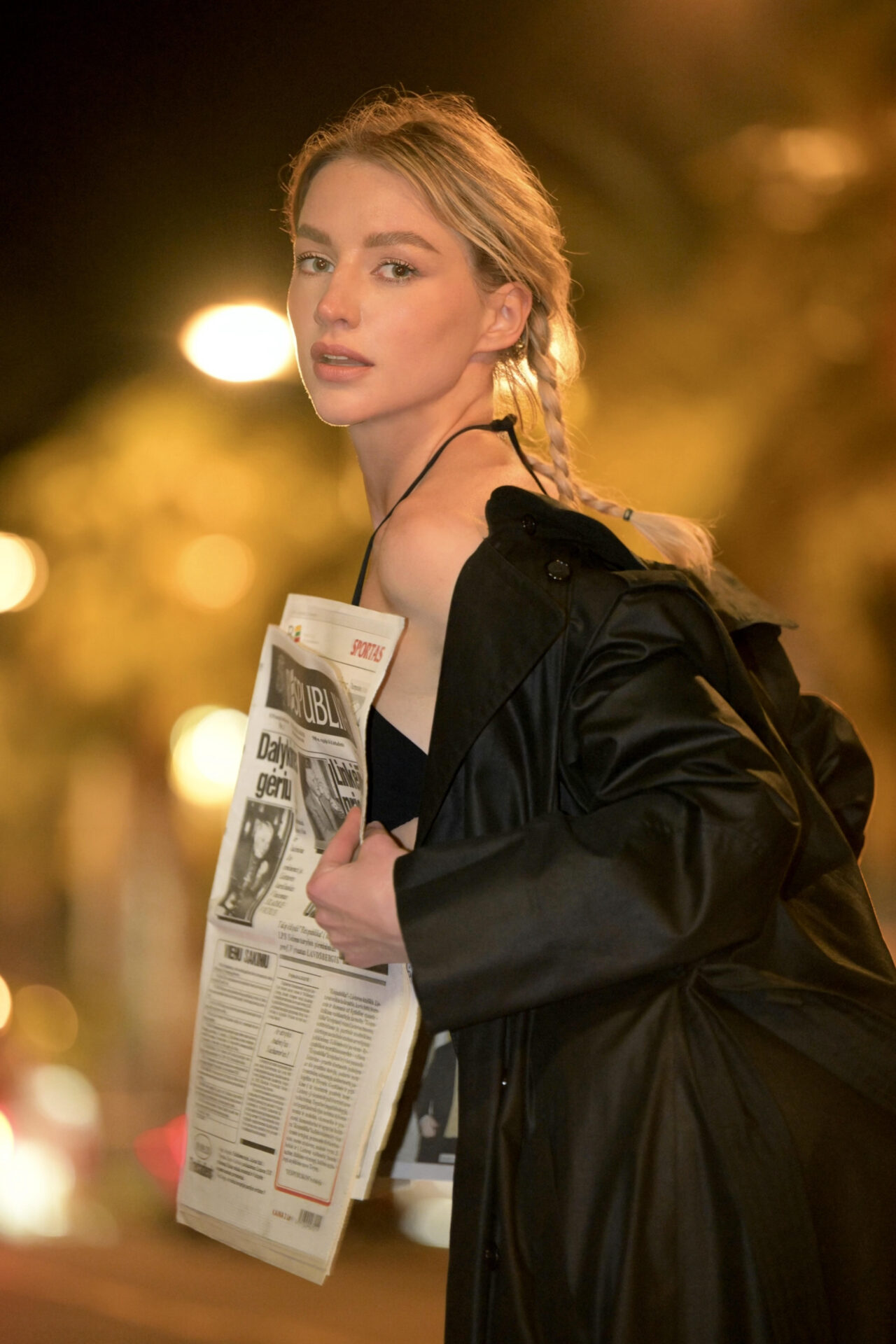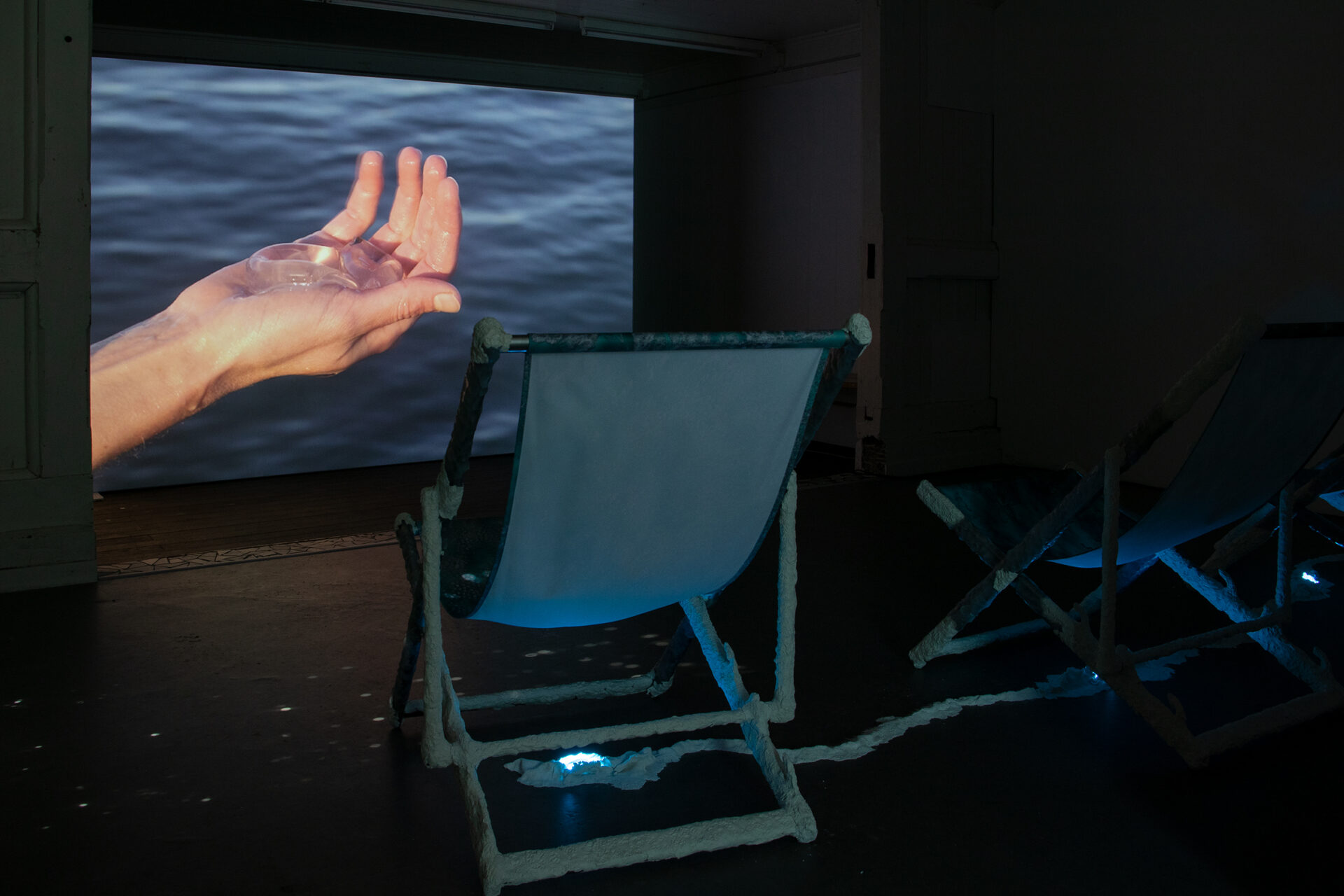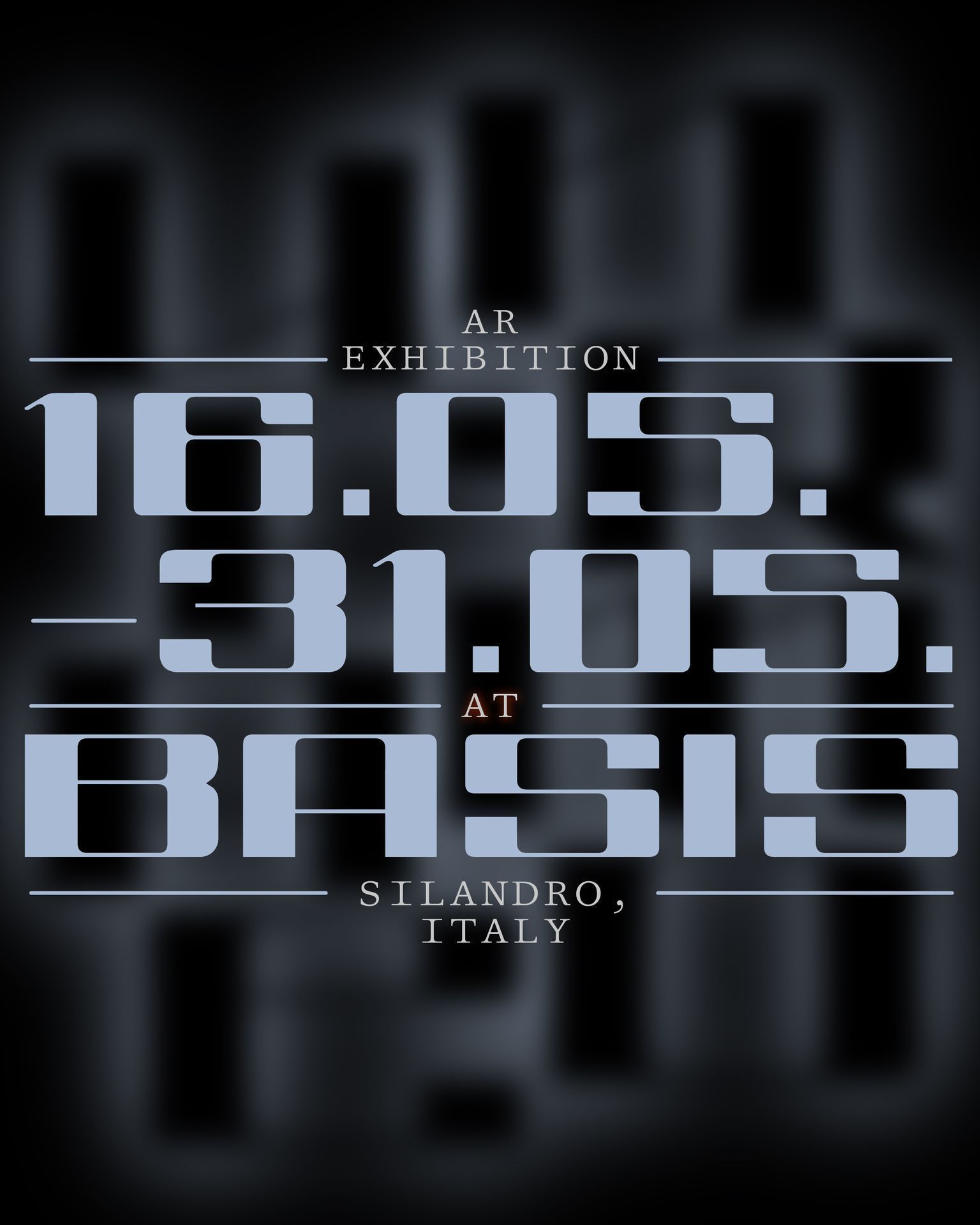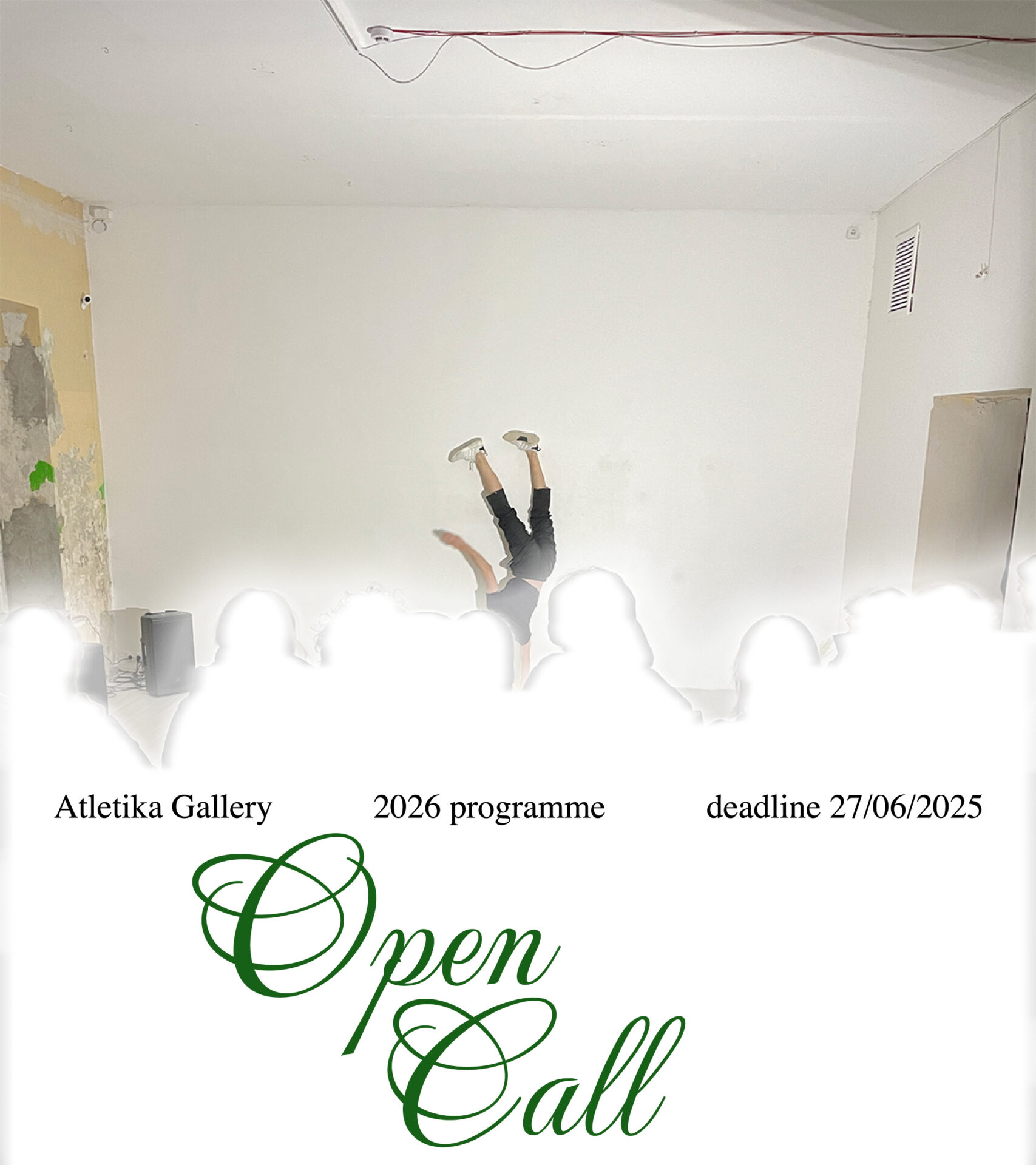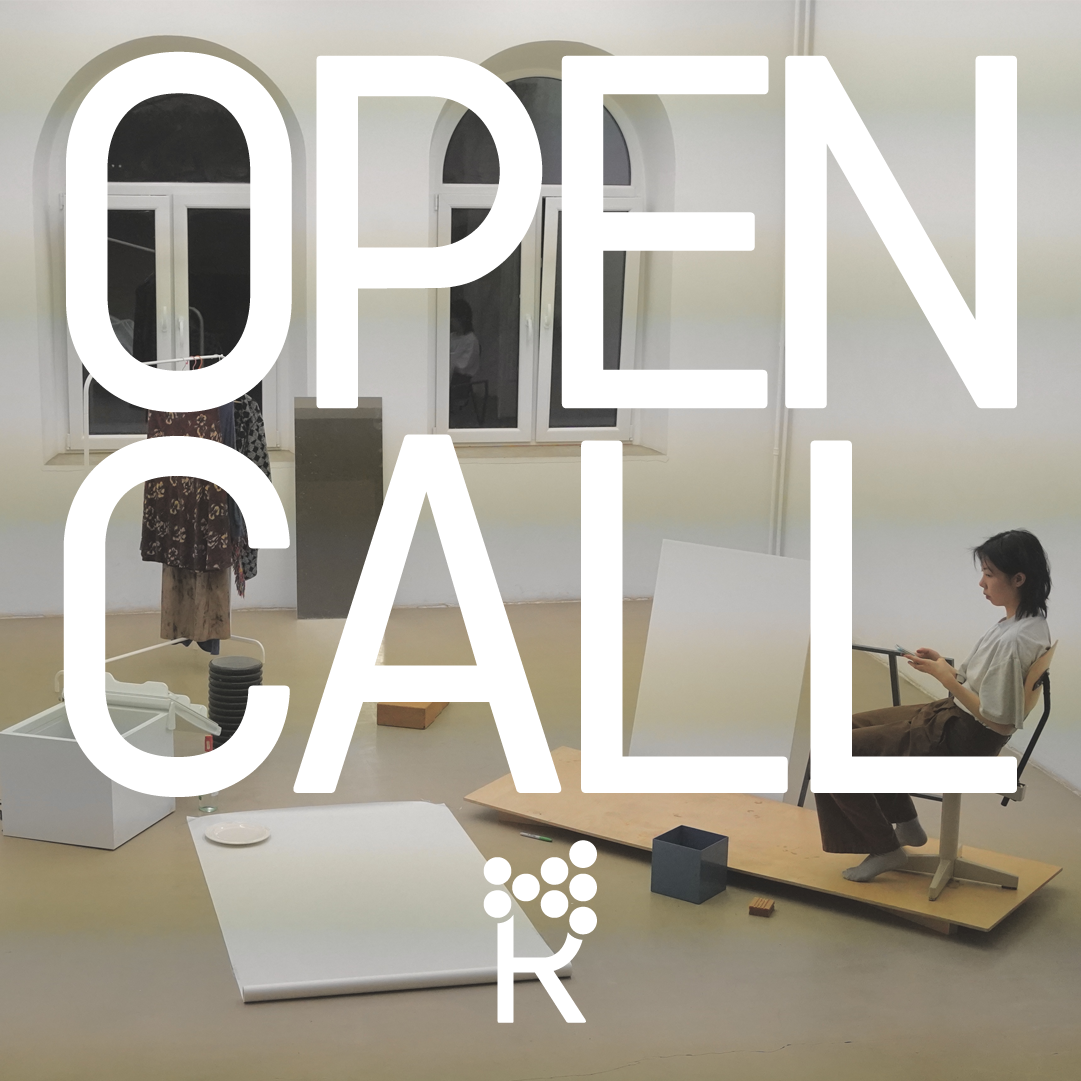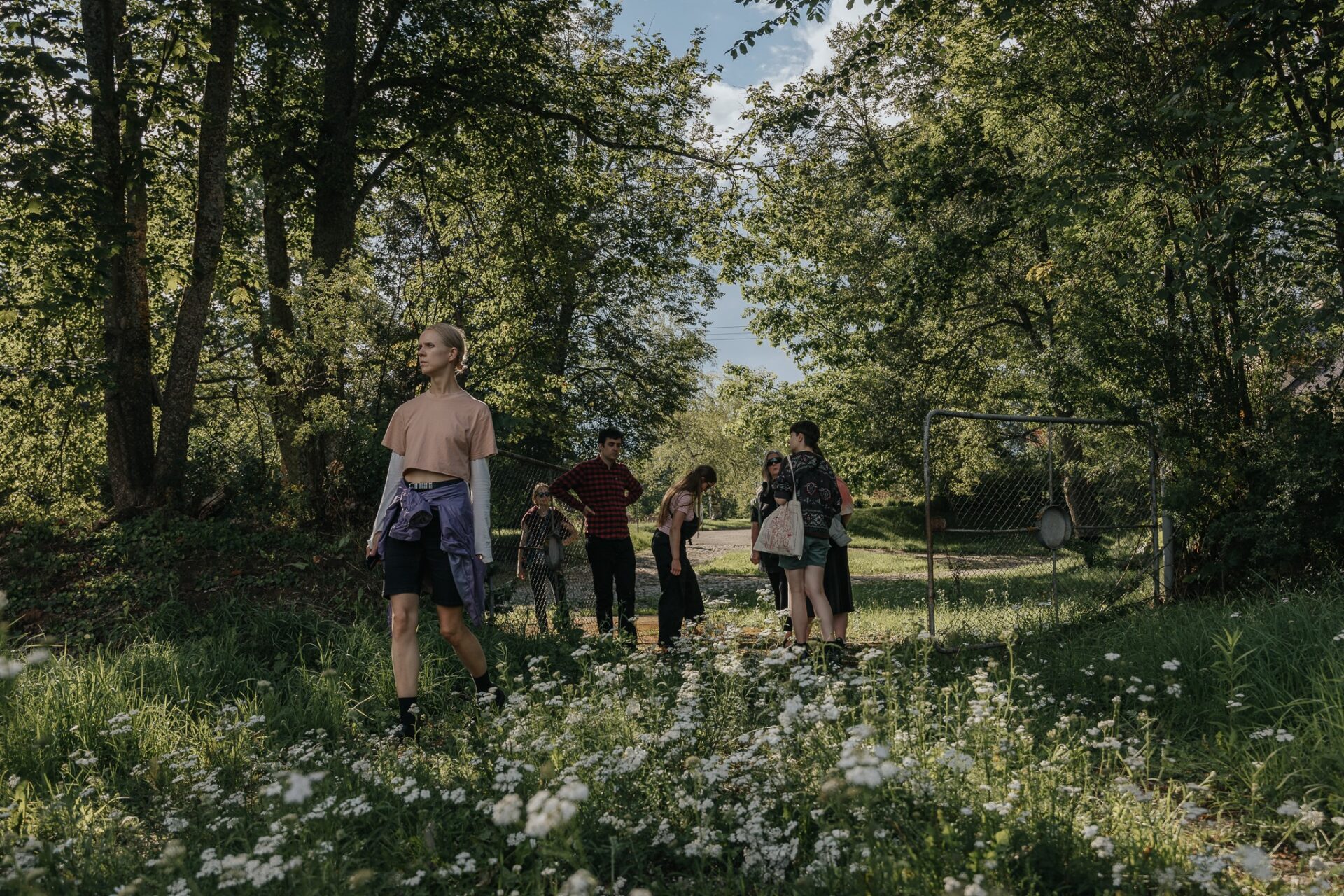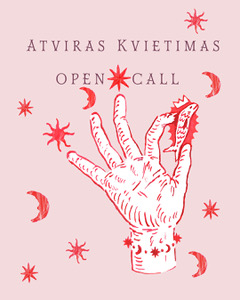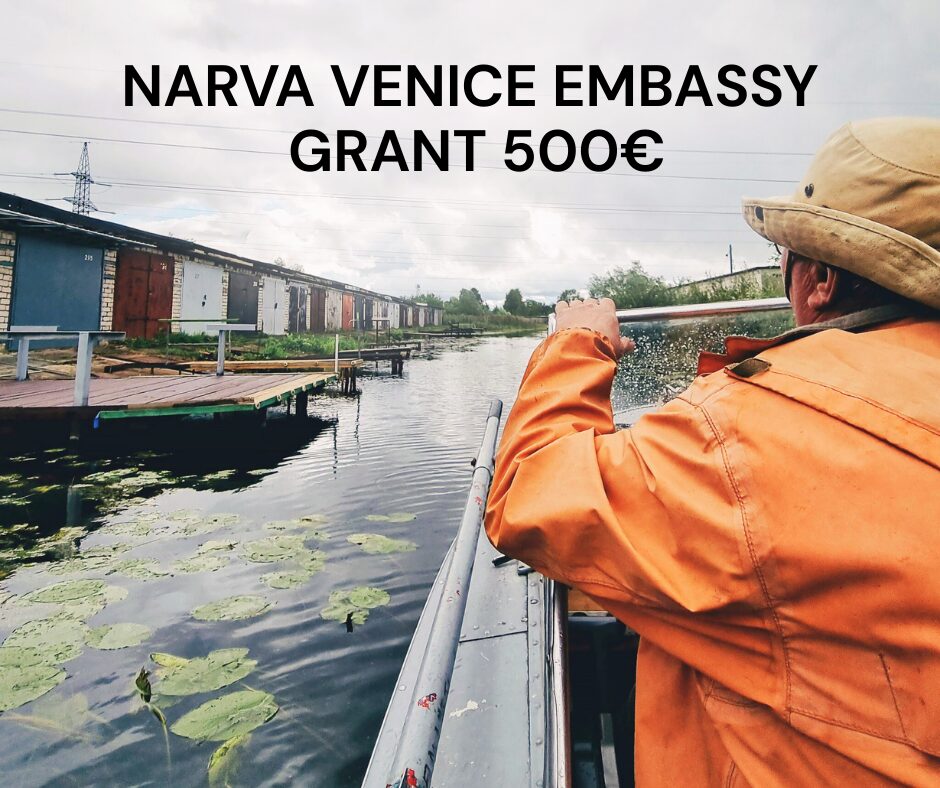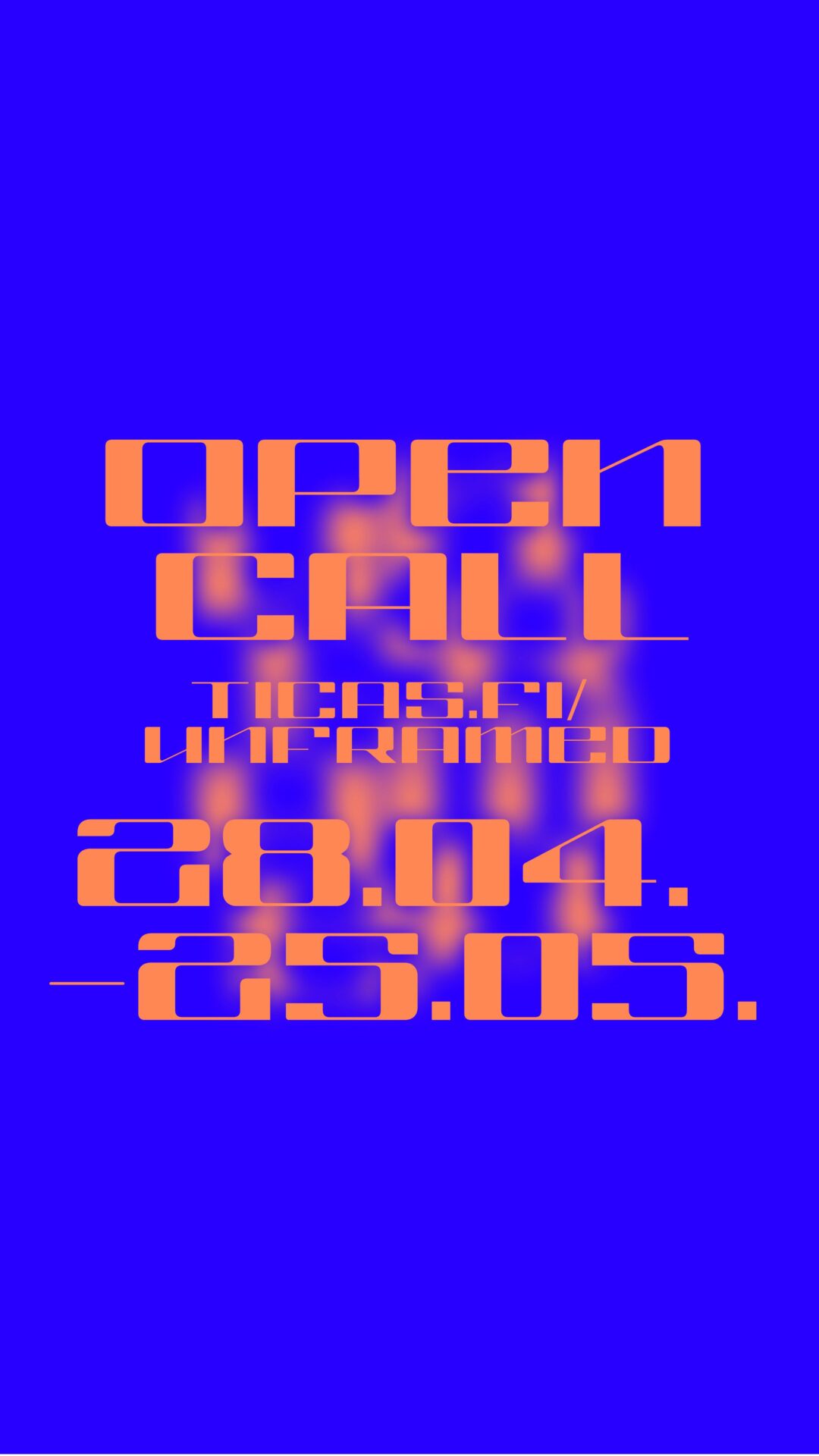The immersive Deep Sensing exhibition by Rasa Smite and Raitis Smits, artists from RIXC Art and Science Center (Latvia) will be on view at the MEET Digital Culture Center in Milan from June 23, 2023, curated by the MEET Founder and President Maria Grazia Mattei.
The Opening of the exhibition – Thursday, June 22, at 19.00.
https://www.meetcenter.it/en
Deep Sensing is an immersive installation that explores patterns of how weather and climate data interact with events in our solar system. Deep Sensing traces its origins back to the legendary sound art and radioastronomy symposium “Acoustic Space Lab’ (2001)’. Re-engaging with this radiotelescope site 20 years later, the artists seek to understand their attraction to this historic antenna. While it symbolises the ideas of space conquest of the last century, the artists explore its potential significance today, when more pressing issues, such as ecology and climate change, are being addressed here on Earth.
Antennas such as the Irbene radio telescopes represent the convergence of cosmic rays at one particular point on Earth.. In Deep Sensing, the virtual point cloud antennas track the flow of cosmic particles flying from the Sun to Earth, visualizing and sonifying the patterns of interaction between space weather and Earth climate data.
Reflecting on the exhibition, the curator, Maria Grazia Mattei, points out that “everyone knows that we are immersed in a world of data – what these data are, how they can be collected, consulted and analyzed to become predictive data, is the big challenge. In the world of data, there are already paths that try, with various methods, to interpret them. Data Visualization is one of these: data becomes an expressive, visual, and narrative form. In the hands of artists and creatives, data becomes more and more material to be shaped so that we can realize the complexity of the phenomena and the live issues we face every day. However, too often we stop at the visual level. In the immersive artwork of Rasa Smite and Raitis Smits, analysis becomes very powerful because artists add sound to the data visualization coming from space. Here we enter the field of Data Sonification, the representation of data through sound. Deep Sensing is a complete work, combining data visualization and sound evidence. Through complex Artificial Intelligence systems, the artists make understandable the meteorological and climatic impacts that derive from what happens in our solar system, creating a “techno-ecological” work that perfectly expresses the mix of Art, Science, and Technology as a path to find innovative solutions to important social challenges.”
Patrizia Caraveo, Principal Investigator at the National Institute of Astrophysics (INAF), gives another insight into Deep Sensing, more specifically into how art, sound and astrophysics intersect in this artwork: “In empty space, sounds cannot propagate. Yet celestial objects sing – or more accurately, vibrate – and we can transform these vibrations into sound after recording them. By connecting a speaker to their telescopes, radio astronomers can convert the signals they receive into sound. The process of sonification is easily applied to all cyclic phenomena because periods are immediately transformed into sound frequencies. The idea is not new: interpreting the rhythmic motions of planets in a musical context was perhaps a pastime of Pythagoras, and certainly Kepler applied it when he wrote a treatise titled Harmonices Mundi, in which he corresponded a solid geometric form and a musical harmony to each planet. Sonification is a different way of delving into the intimacy of celestial objects and, in addition to its scientific uses, can also possess unexpected artistic value. We will immerse ourselves in a multimedia experience constructed from data collected by a radio telescope, connecting the sky and the Earth in a search for a new harmony.”
Deep Sensing is an immersive visualization that explores patterns of how weather and climate data interact with events in our solar system. Deep Sensing traces its origins back to the legendary sound art and radioastronomy symposium “Acoustic Space Lab” at the site of Irbene Radio Telescope, which was organized by RIXC 20 years ago.

Rasa Smite, Raitis Smits. Deep Sensing,. Riga Art Space, 2022. Photo: Kristine Madjare.
Re-engaging with this site 20 years later, RIXC artists Rasa Smite and Raitis Smits seek to understand our continued fascination with this gigantic antenna today, when, after the grandiose space conquest plans of the 20th century, ecological and climate change issues here on Earth have become more pressing.
Big thinkers like Donna Haraway ask how to live on a “damaged” planet, while Bruno Latour calls us back “down to Earth ” to maintain “terrestrial coexistence”…
Yet, we ask, why is the Earth not enough…?
These antennas represent the convergence of cosmic rays at this particular point on Earth, where radiation from the Sun and other planets, as well as from stars in other galaxies and unexplored mysterious black holes, reaches the Earth’s surface.
In the new visualisation, the giant antennas are no longer represented as a massive object, but as an immaterial point cloud that rotates, leaving traces of its trajectory as it follows the cosmic objects. The virtual antennas track the flow of cosmic particles flying from the Sun to Earth, affecting the ionospheric clouds, reaching the Earth’s atmosphere and interacting with the terrestrial winds.
By creating imaginary data patterns of the interaction between solar events and the Earth’s weather, Deep Sensing suggests future research areas, revealing possible links between space observations and climate research. Space weather and terrestrial wind data are sonified and combined with environmental recordings from the Irbene radio telescope site, complementing the visualised data flows with an immersive soundscape.
The opening of the Deep Sensing exhibition by Rasa Smite and Raitis will take place as part of the New Atlas of Digital Art – Are humans still Necessary? symposium on June 22 at 19:00 (CET). The symposium is an annual international meeting with European centers of Art, Culture and Technology – in its fourth edition – organized by MEET Digital Culture Center again this year in collaboration with MNAD, National Museum of Digital Art to continue and enrich the interdisciplinary reflection on the impact of technologies on society, through the lens of Art and Digital Culture as tools for interpreting the present and imagining possible futures. The meeting is part of the S+T+ARTS in the City project and will this year explore the dialogue between machine power and human creativity and the possible collaborative relationships between different intelligences – Artificial Intelligence, Human Intelligence – as a symbiotic act to imagine a more collaborative, more sustainable, more inclusive future.
The meeting will feature artists, experts, researchers who will go on to outline ethical, sociological, philosophical, aesthetic and technological visions and perspectives, outlining a collective and interdisciplinary thinking necessary to understand the complexity of this time.
The meeting will consist of inspirational talks, joint reflections, panels and educational workshops and will involve artificial intelligence in response to human work.
Rasa Smite and Raitis Smits are Riga (Latvia) and Karlsruhe (Germany) based artists and co-founders of the RIXC Center for New Media Culture in Riga, Latvia, co-curators of RIXC Art and Science Festival, and chief-editors of Acoustic Space. Together they create visionary and networked artworks – from pioneering internet radio experiments in the 1990s, to artistic investigations in electromagnetic spectrum and collaborations with radio astronomers, and more recent “techno-ecological” explorations. Their projects have been nominated (Purvitis Prize 2019, 2021, International Public Arts Award – Eurasian region 2021), awarded (Ars Electronica 1998, Falling Walls – Science Breakthrough 2021) and shown widely including at the Venice Architecture Biennale, Latvian National Museum of Arts, House of Electronic Arts in Basel, Ars Electronica Festival in Linz, and other venues, exhibitions and festivals in Europe, the United States, Canada and Asia. Now in Italy.
Read more:
https://www.meetcenter.it/en
Contact us: rixc@rixc.org, +371 25358541 (Liva Silina)

